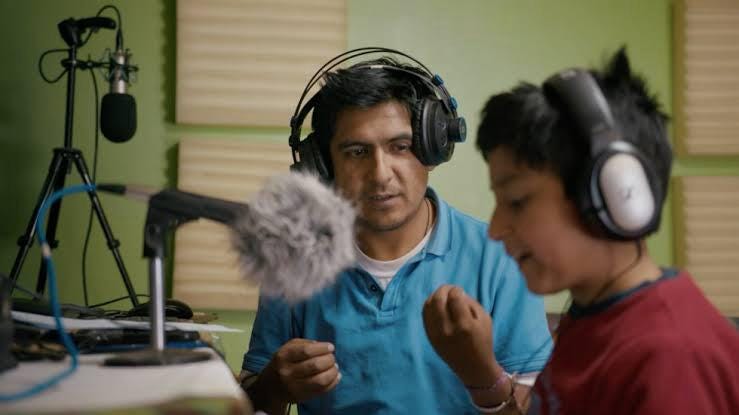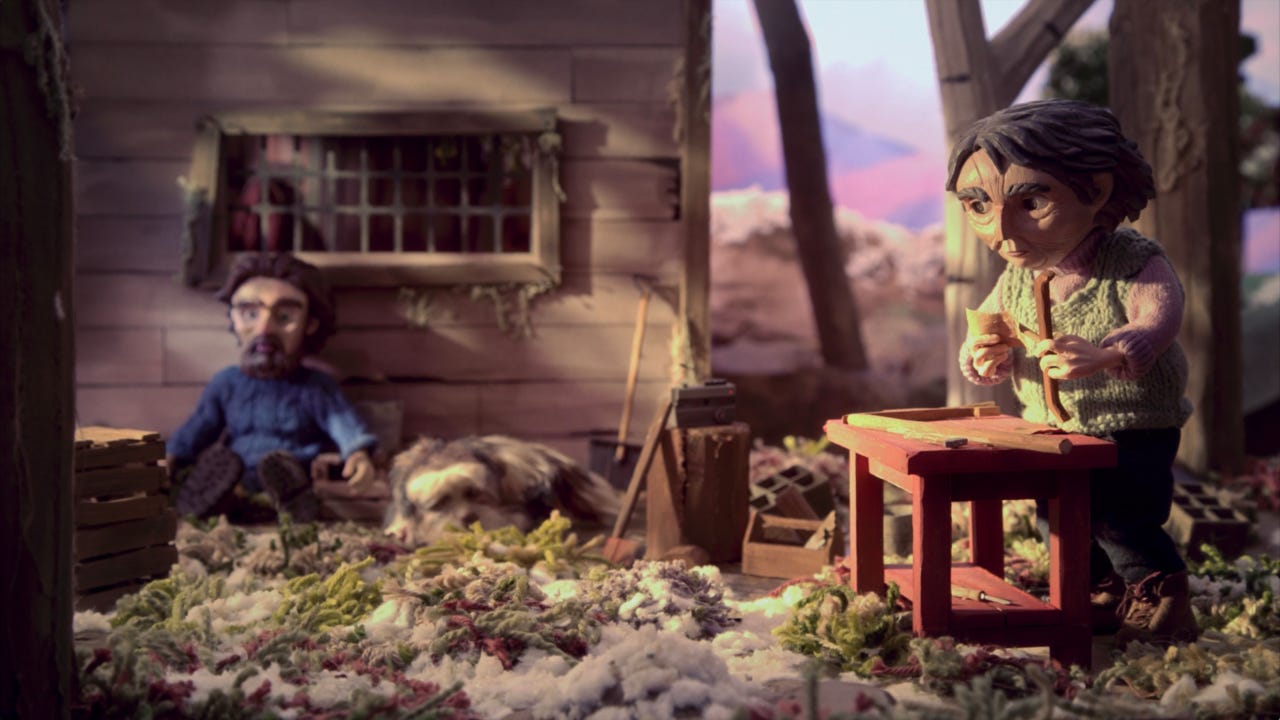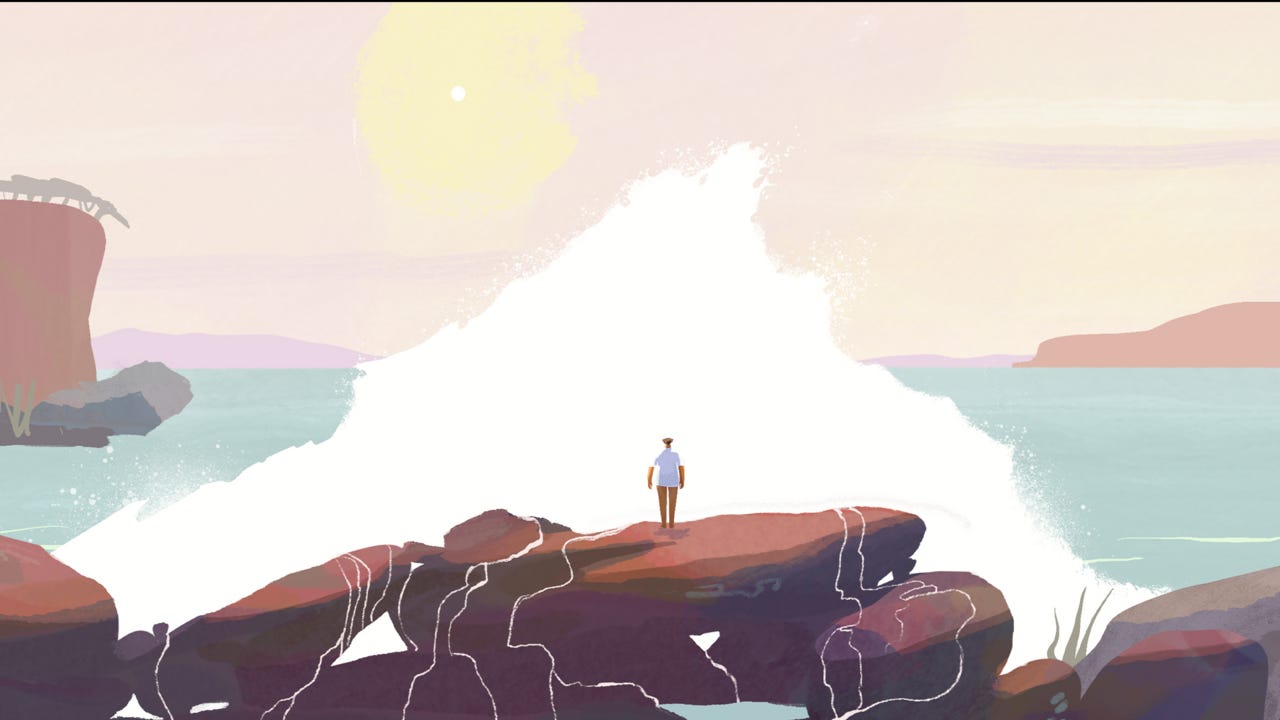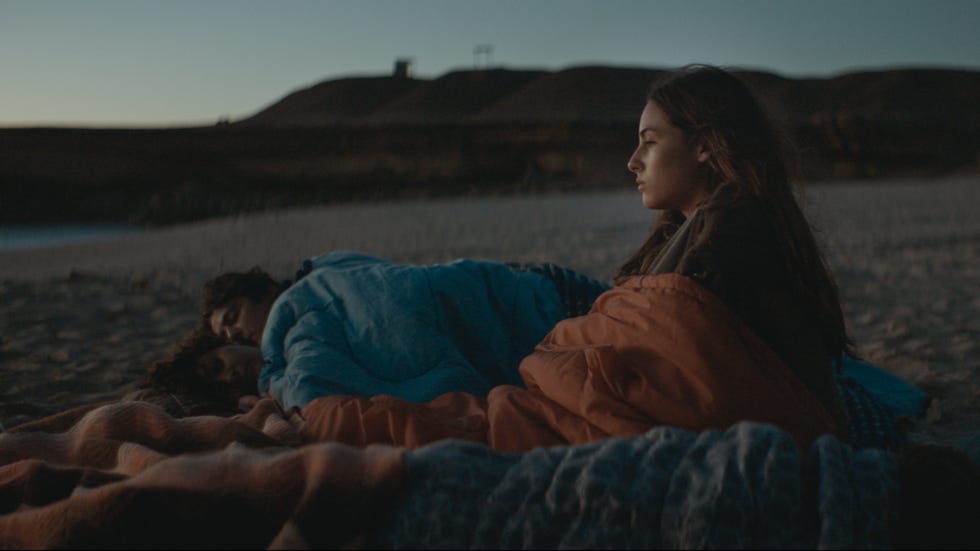por Niclas Goldberg
Ever since Robert De Niro and Jane Rosenthal created the film festival 2002, as a response to 9/11, many Latin American films have passed by the famous New York event. This year several took home top prizes while many others shone with style and grace.
Besides the four astonishing films below, the Uruguayan A Bright Future won Viewpoints top prize while Brazilian Kites received a Special Jury Mention and, in the US Narrative Competition Esta Isla from Puerto Rico won three awards. Several others saw the light of day such as the shorts Pavilhão from Brazil, the Chilean Almost Graduated, Puerto Rican The New Indigo Wave and Wannabe from Ecuador, as well as the Mexican feature Twelve Moons and the animated short Tigre.
One of the films that notably stood out was Augusto Zegarra’s Runa Simi from Peru, which won best new documentary director award. In the life-affirming and moving film we have the honor of meeting the charming father Fernando Valencia Saire in the city of Cusco, the former capital of the Inca Empire and the religious and administrative center of the Inca civilization, located by the magnificent Andes. The single father and voice actor is part of the indigenous people Quechua, and he uses his job as a radio host to create more programs in his language, the second largest in Peru and spoken by ten million people in six different South American countries. His goal is to dub his favorite film, Disney’s The Lion King, into Quechua in an attempt to preserve his endangered language and culture. But the obstacles are thorny.
Even if the focus is Fernando’s determination and passion, the film talks just as much about fatherhood, identity, exclusion, and the importance of storytelling. We get a unique insight into the life of a very special and wholehearted man, filled with warmth and framed by beautiful landscapes. A real treat, with infectious optimism.
A short film from Chile, the adorable stop motion Petra and the Sun, rightfully took home a Special Jury Mention Award. Deep in the forest 71-year-old Petra lives peacefully in a house with her faithful dog. When she’s not cooking or chopping wood, she’s carving wooden chess pieces or listening to the radio. On one of her daily walks, pulling her sled after a heavy snowmelt in the Andes, her dog discovers the perfectly preserved corpse of a mountaineer with a thick beard from the last century. At the dog’s urging, she takes the corpse to her cozy home. Slowly, she begins to treat him as her partner, and secrets are revealed on the radio.
Not only do filmmakers Malu Furche and Stefania Malacchini manage to create an unforgettable and gripping story with pitch perfect tone, warmth and gorgeous details about a woman’s
longing for closeness, but at the same time comment on the existential state of loneliness deep in the nature. A sensation, it cuts into the marrow of life.
Another short film, the animated gem How a River is Born from Brazil, expands the concept of our relationship with nature and the essence of love. With wide brushstrokes, filmmaker Luma Flôres tells a poetic story about a woman named Ayla. In her white t-shirt, she wakes up by brown mountains, a river, and lush vegetation. Suddenly, Mother Earth begins to move, she has also woken up, and Ayla curiously begins a breathtaking and sensual process of discovering her own yearnings - she lets her curiosity flow towards the Woman. This stunning and thought-provoking depiction of accepting one’s desire and falling in love takes a new approach to sexuality and longing. Woman is nature, nature is woman. In the river, the colors come to life. A film to discover and feel, with the gentlest fingertips.
With equal strength, in more realistic manners, the Chilean feature narrative Cuerpo Celeste by Nayra Ilic Garcia, which won a Special Jury Mention for International Narrative Feature, explores a teenage girl’s journey to quick maturity. The story begins New Year’s Eve holidays 1990 and Pinochet’s terrorizing dictatorship is about to collapse. 15-year-old Celeste (Helen Mrugalski) spends her days with family and friends in a coastal town near the Atacama Desert. The future looks bright and stable, hope is blooming. But suddenly something unexpected happens and her mother falls into a depression. Celeste’s life is turned upside down and when she returns to the coastal town for a solar eclipse, her own innocence and soul have darkened.
This confident and intriguing portrayal of a young woman’s journey carries a piercing, quiet tension with visually stunning images by cinematographer Sergio Armstrong, the man behind The Maid, The Dog Thief, My Last Round, and Pablo Larraín’s Chilean films. On a deeper level the film investigates the ambiguity of memory and the presence of the past. But above all about leaving traces, which this film does, deep in a corner of the soul.
📍More Info:
Site: www.imperiossagrados.com.br
Books: estanteis.mycartpanda.com
E-mail: imperiossagrados@gmail.com
Instagram: @imperios_sagrados e IS Editora
Podcast: Podcast IS











Glad to learn more about Quechua's widespread use here.